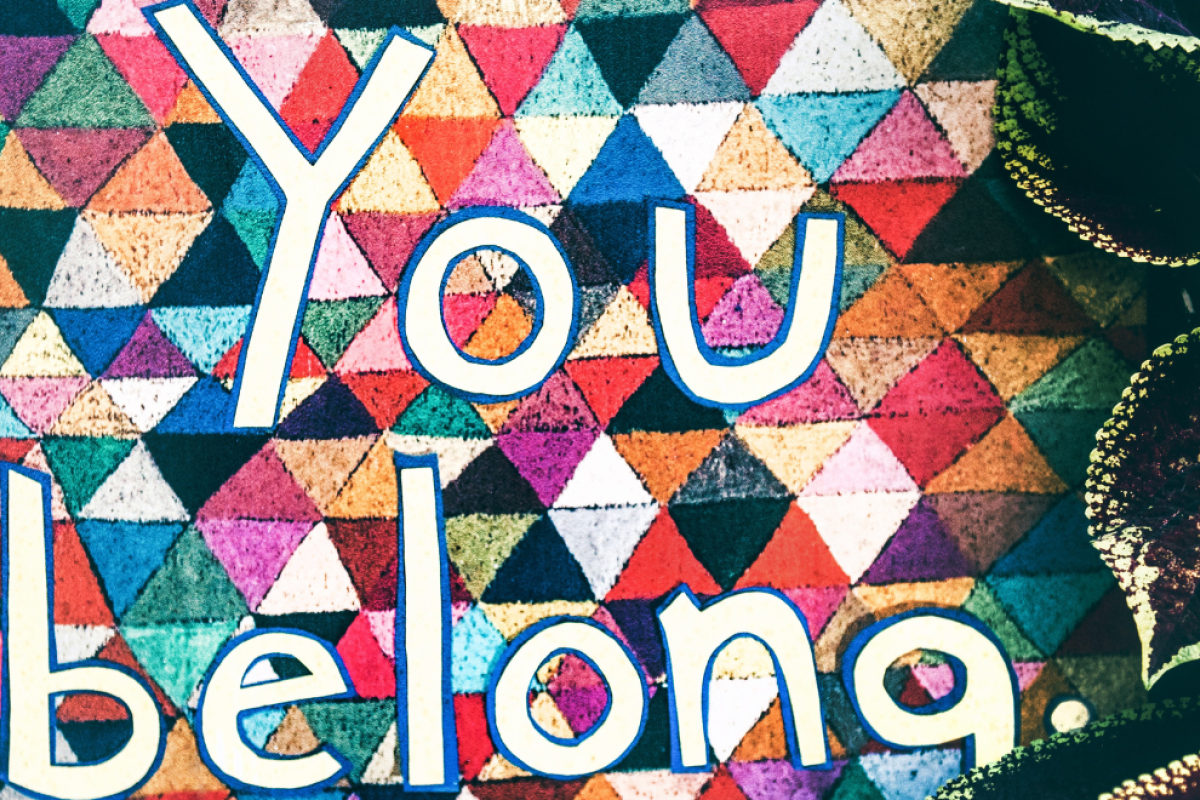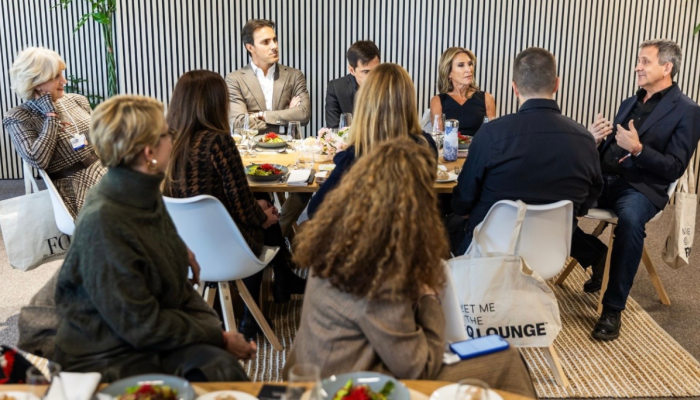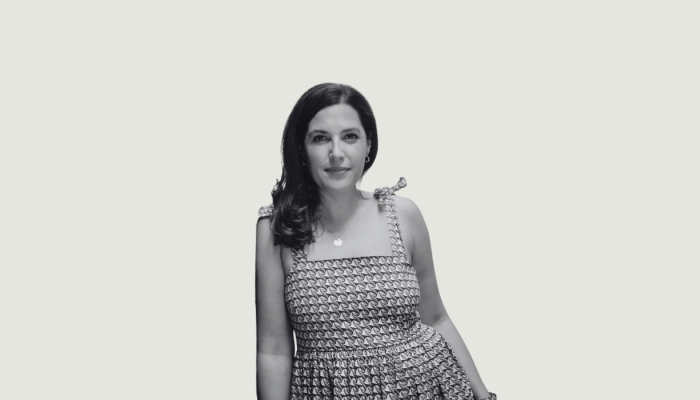Advertising will never be properly representative of the communities it is trying to reach until every single element of the process is re-analysed and reassessed using people with lived experiences or specialist knowledge. Without this, it will continue to misrepresent minority communities.
Imagine you’re a Hippo. You grew up with Hippos. Eat what Hippos eat. Believe what Hippos believe. Hang around with Hippos. Follow largely Hippos on social media and work with a whole host of other Hippos in a relatively well-paid largely middle-class ad agency or client business - most likely founded by and run by Hippos.
And you get asked to create a campaign aimed at talking to teenage Lions.
You might have some grasp of Lion-like thinking from research on Hippo Google or some Lion culture you’ve soaked in over the years, but you’ve never lived the life of a Lion. You don't know what it's like to be a Lion.
Yet in the industry at the moment this is how many expect to be able to talk to minority communities.
Can we truly say white marketers can answer a brief aimed at the black community? Or straight strategists can talk to the LGBTQ+ community without some outside help or knowledge?
We can't possibly get into consumers' heads if there is a lack of understanding or lived experiences.
We’re at a weird place though, because thinking is changing. People are trying to make positive changes to how they talk to minority communities (because there has been a realisation that there be profit in them). And while this is commendable in its approach, it's often wrong in how it is done. And therefore the results it generates, can be just as damaging as not considering those communities at all.
They might run the script past one of the brown or LGBTQ+ people who work in the agency. But that is too much pressure on that person. That person is trying to do their job, not be your link to their community.
They might get to casting and think, you know what, let’s make the faces in this ad written from a white perspective, black and sit them in a house filled with white culture. But that is too late in the process, there are myriad mistakes to be made that actively make those communities turn off.
While companies are trying to change - how do you make sure that you have all these voices along that process or making sure that you are analysing what you have so far at every key decision to ensure it is saying the right things to the right people.
At the DSC we work with brands and agencies from all backgrounds, who really want their work and products to talk to the consumer of today. Take one client, who uses four different roster agencies. In this scenario, we would suggest that they make sure that they have the right people in the room at each of those agencies working on those briefs. It's not enough for the client to have the correct input, but everyone working on the brief.
For the recent Virgin Active campaign ‘See the world differently’ by creative agency Lucky Generals, we had three sessions, we provided consultants who were part of the communities they wanted to be involved in and with lived experiences. Working with consultants and the team at the script stage, pre-production and first edit to ensure the work wasn't tokenistic.
Advertising will never be properly representative of the communities it is trying to reach until every single element of the process, from strategy to casting to props is re-analysed and reassessed using people with lived experiences or specialist knowledge. Without this, it will continue to misrepresent minority communities and therefore, fail to speak or connect with them. At worst, totally alienating them.
This is only the starting point, we spend too much time outlining the problems within our industry but not enough action. We need to be collectively proactive rather than reactive.
That is why over the next few months we will be posting a run of pieces that will take, one by one, each section of the advertising process, starting right at the beginning, and give you workable solutions on how to make that element authentic and representative. And by the end, giving you a toolkit for how to properly talk to the minority communities you are trying to reach.



